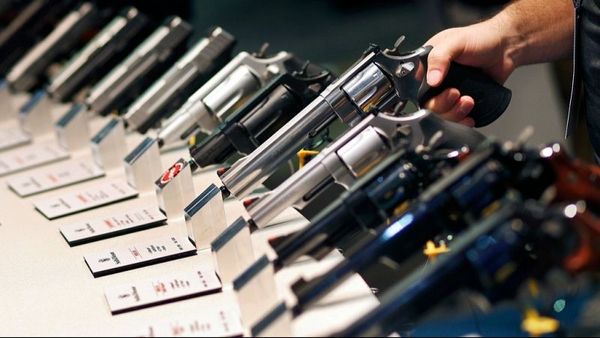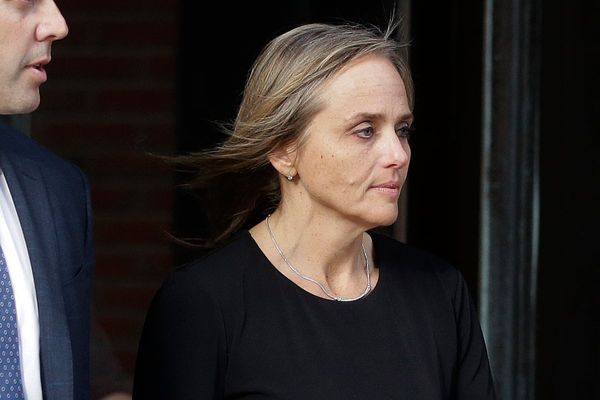
The rainfall deficiency in Beed, one of the worst-affected districts by drought in Maharashtra’s Marathwada region, increased to 40% on July 17 from 34% a week ago, according to the India Meteorological Department (IMD).
The region has been reeling under severe drought for more than a month. The IMD said, the rainfall deficiency in entire Marathwada stands at 44%, one and half months after the onset of the monsoon.
In the absence of rain, the major river basins in the region have gone dry. As of July 18, the Middle Godavari river basin recorded a rainfall deficit of 34%, Lower Godavari 23%, Pranhita 40% and Manjira 38%.
The water scarcity is so acute that some people in Beed district have been forced to hire mini water tankers even to perform the last rites of their near and dear ones. The water bought [Rs. 500 for a tanker of 300/400 litres] is released in the dry riverbed of Godavari so that ashes can be flown into it.
Residents normally perform this ceremony at Rakshasbhuvan, on the bank of Godavari, about 43 km from Beed in Georai taluka.
However, as a result of the acute water scarcity, they have been forced to travel almost 90 km to Paithan in the neighbouring Aurangabad district, to perform the last rites and take a “holy dip” in the river.
“Drought will not leave us even after death. My father spent his entire life battling the drought and now, the drought won’t leave its grip even after his death. He was born, brought up and finally died amid drought,” said Mahesh Jagtap, 39, who had to purchase water from a mini-tanker to perform the 10th day ritual of his late father, Vitthal Jagtap.
Sharad Patodkar, a labourer from Beed, said he had no choice but to “release the ashes of his father in the dry riverbed” of the Godavari.
The riverbed at Paithan ghat is completely dry barring a small stretch where some water was released recently from the Jayakwadi dam. Those who have used the water complained that it had a foul smell and it caused skin infection.
In Beed, the civic body has been supplying water once in 15-20 days since May. PR Dudhal, an engineer from the water supply department, said, “We are entirely dependent on nature so we can’t say when the situation will normalise.”
First Published: Jul 21, 2019 01:33 IST







